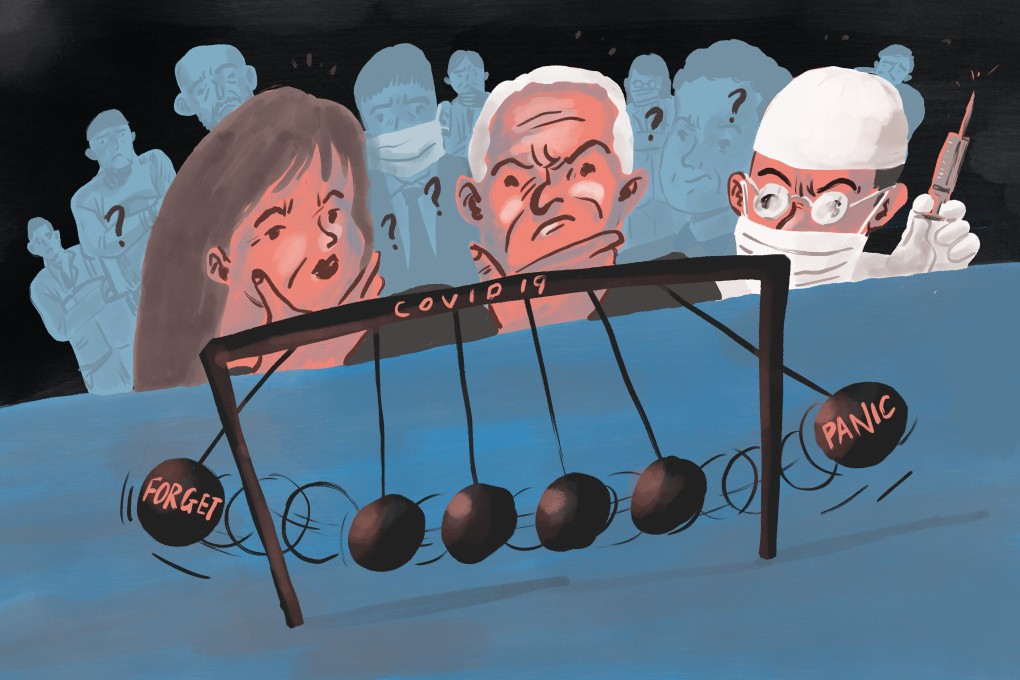Coronavirus: WHO wants end to ‘panic-then-forget’ approach to epidemics
- Global health body has warned that ‘this may just be a harbinger of what may come’ and governments must prepare for the next crisis
- While a vaccine is the answer, leading medical experts have clashed over how to respond to this kind of public health challenge

This is the first in a series on the Covid-19 disease, one year after it first emerged in the Chinese city of Wuhan. It explores the response to the pandemic and what lessons may be learned as medical science predicts it won’t be the last. Please support us on our mission to bring you quality journalism.
The typical pattern is an infectious disease of some form breaks out, governments and health authorities react with a hodgepodge of policies, disease is brought under control or fades away, world forgets. Repeat.
The deaths of more than 1.5 million people and counting have been attributed to the pneumonia-like illness. Lockdowns to try and stop its spread ran a wrecking ball through world economies, jobs and the social relationships that hold human communities together.
We cannot, cannot, cannot let the world forget, because the next one may not be anything but the worst one
